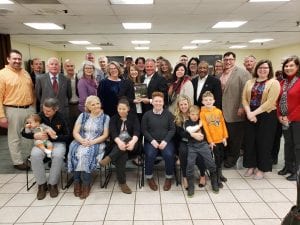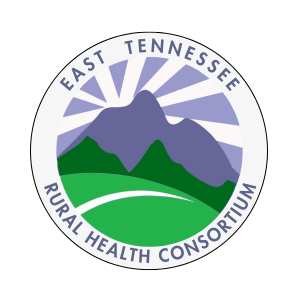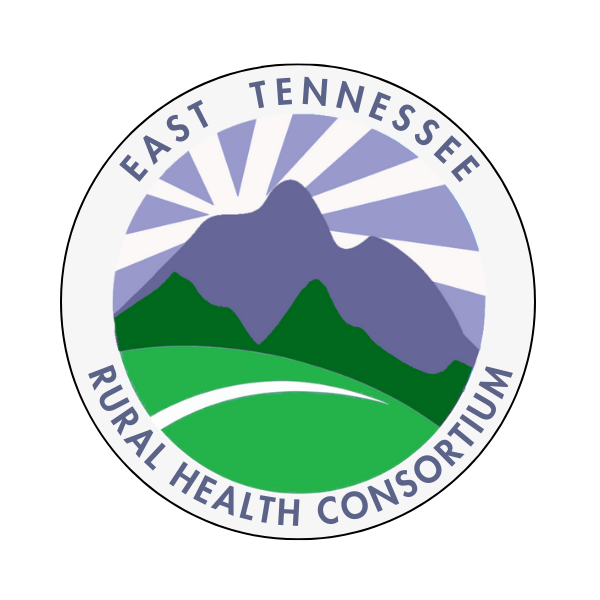RCORP-ETC MEETINGS
JULY 2022 RCORP-ETC MEETING
The coordination of services for those in need of immediate support can be challenged by both time and available resources. To address this, hub and spoke serves to enhance service coordination and expedite resource access. Spirit is a powerful hub and spoke tool coordinated by Metro Drug Coalition. Come learn the basics and hear of the successes in Claiborne County. Click here to view.
Opioid Use Disorder and the Health of Women and Children
On April 22, 2022, Project HOPE and NOW hosted an online consortium training on Opioid Use Disorder and the Health of Women and Children. The event was opened with an overview by Laurie Meschke, PhD of the University of Tennessee, Knoxville. This was followed by a panel discussion on infancy and childhood after prenatal opioid exposure with Kyle Cook, NNP from East Tennessee Children’s Hospital and Melinda McCartt, PhD from Oneida Special School District. A final presentation was by Dr. Jona Bandyophadhya from TennCare, who addressed reproductive health for women with opioid use disorder. Please view recording 1, recording 2, and rating of the training.
Rural Kinship Care in the Opioid Crisis
Project HOPE and RCORP-ETC held a consortium meeting and training on Rural Kinship Care in the Opioid Crisison January 21, 2022. Heath Cook and April Snell at the University of Tennessee, Knoxville introduced status of kinship care, meaning for young people and families, and stigma and services for kinship families. The panelists included: Brittany Rosette-Jones, Mitch Olszewski, Tracy Van de Vate, Aisha Abu-Asaba, and Carran Broadnax. Please view recording 1, recording 2, PowerPoints, resources, and rating of the training.
Substance Use Disorders: Charting a Path to Health Equity
On Oct 22, 2021, Project HOPE held an RCORP-ETC meeting and training titled Substance Use Disorders: Charting a Path to Health Equity. Dr. Lesly-Marie Buer, the Research Director at Choice Health Network Harm Reduction provided a keynote speech. The panelists included: Campbell County Mayor E.L. Morton, Tennessee State Court Judge Duane Slone, TennCare Associate Medical Director Dr. Jona Bandyopadhyay, and Brittany Hudson. The event had discussions on health inequities and stigma faced by people with a substance use disorder, and innovative practices and policies to reduce systemic health inequities and stigma. Please view recording 1 on the keynote speech, recording 2 on the panel discussion, rating, and the notes on actionable opportunities and possible policy solutions.
You Gotta Have Faith: Pathways from Prevention to Recovery
In July 2021, Project HOPE held an RCORP-ETC meeting and training on faith-based organizations’ initiatives and recovery congregations related to Substance Use Disorder. Faith leaders and people in recovery shared their East Tennessee experience and insights about the role of the faith community in prevention, treatment, and recovery. Eric Landry, the Faith-Based Community Coordinator for East Tennessee’s Grand Division provided an introduction. The panelists included: Kyle Prichard, Marta Cogburn, Debra Shultz, Elora Prichard, Dawn Radics, and Ron Stephens. Please view the PowerPoint, recording, and ratings of the training.
Legislative Panel

Project HOPE’s first Legislative Panel was held on February 1, 2020. The attendees included 31 people who serve or work in 11 counties (Campbell, Claiborne, Cocke, Grainger, Hamblen, Jefferson, Morgan, Roane, Scott, Sevier, Blount, and Knox). Various community members and stakeholders gathered to:
- more effectively collaborate with community stakeholders and legislators on identifying policy priorities to reduce opioid abuse and misuse and
- increase legislators understanding of community perspectives about opioid abuse and its effects.
Participant surveys revealed:
- All attendees ranked each presentation and discussion as very important or important.
- 95% of attendees would recommend the legislative panel to a colleague.
Opportunities to enhance the annual panel include:
- Increased awareness and attendance through utilizing social media, local newspapers, and engagement with community leaders, faith-based initiatives, local providers, and local law enforcement.
- Extending collaboration with community stakeholders to have more legislators and members present, including representation of more counties in East Tennessee.
- Allot additional time during the event for increased discussion and collaboration.

